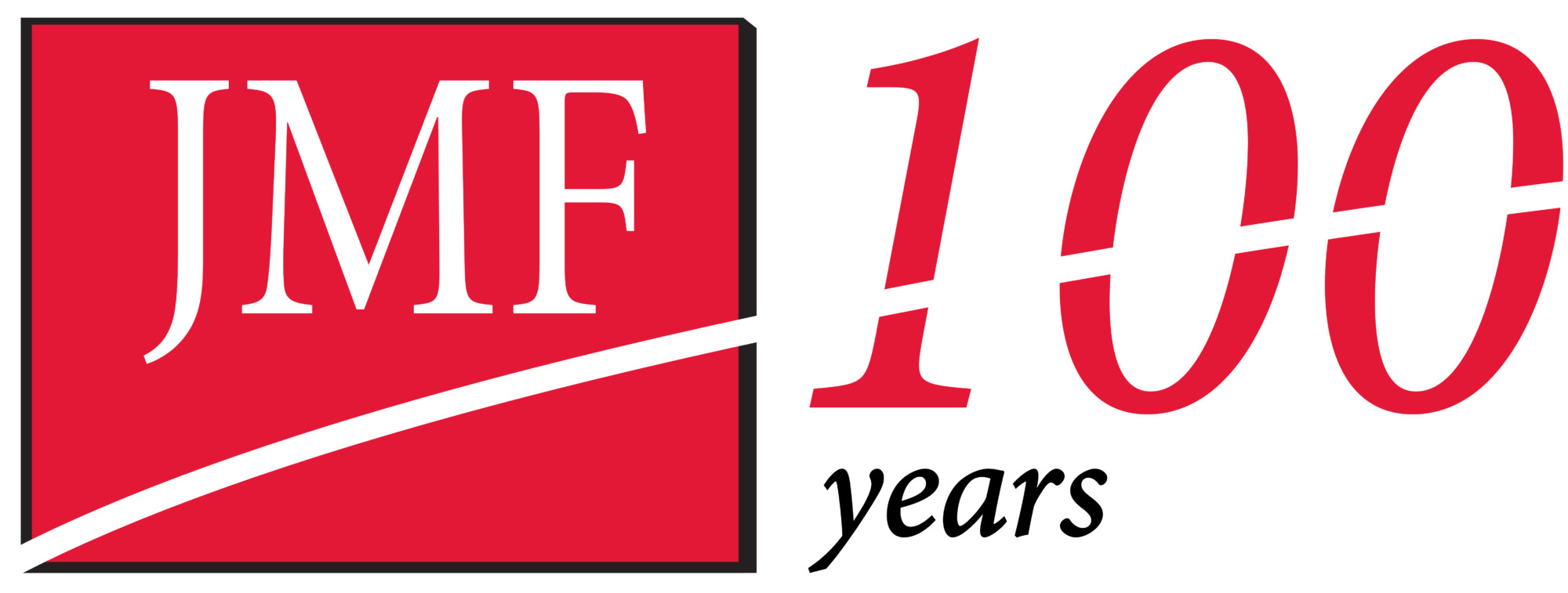It has come to our attention at JamisonMoneyFarmer PC that there is an e-mail scam currently circulating targeting international taxpayers. This scam is in the form of an e-mail purportedly from the Department of Treasury Internal Revenue Service. It suggests that you should complete a W-8 BEN form and fax it to a link in the e-mail to register with the IRS to have tax exempt interest on your savings. The e-mail contains warnings and is written in bold text to try to make it look very important.
Please note that the IRS will NEVER initiate contact with you by e-mail. This is a scam and you should not click on any links within the e-mail. The below chart is from the IRS website at www.irs.gov.
Please contact one of our experts at JamisonMoneyFarmer PC if we can be of assistance to you in your tax planning and filing process.
What to do if you receive a suspicious IRS-related communication
If |
Then |
| You receive an email claiming to be from the IRS that contains a request for personal information … |
Note: Please forward the full original email to us at phishing@irs.gov. Do not forward scanned images of printed emails as that strips the email of valuable information only available in the electronic copy. |
| You discover a website on the Internet that claims to be the IRS but you suspect it is bogus … | … send the URL of the suspicious site to phishing@irs.gov. Please add in the subject line of the email, ‘Suspicious website’. |
| You receive a phone call or paper letter via mail from an individual claiming to be the IRS but you suspect they are not an IRS employee … |
Phone call:
Letter or notice via paper mail:
If caller or party that sent the paper letter is not legitimate, contact the Treasury Inspector General for Tax Administration at 1.800.366.4484. |
| You receive an unsolicited e-mail or fax, involving a stock or share purchase … |
… and you are a U.S. citizen located in the United States or its territories or a U.S. citizen living abroad.
… and you are not a U.S. citizen and reside outside the United States.
|
| You receive an unsolicited fax (such as Form W8-BEN) claiming to be from the IRS, requesting personal information … | Contact the IRS to determine if the fax is from the IRS.
|
| You receive a text message or Short Message Service (SMS) message claiming to be from the IRS … |
|
|
You have a tax-related question … Note: Do not submit tax-related questions to phishing@irs.gov. |
If you have a tax-related question, unrelated to phishing or identity theft, please contact the IRS. |







Leave A Comment
You must be logged in to post a comment.